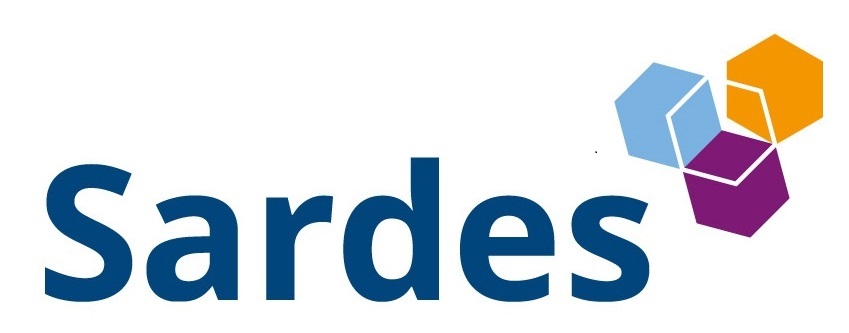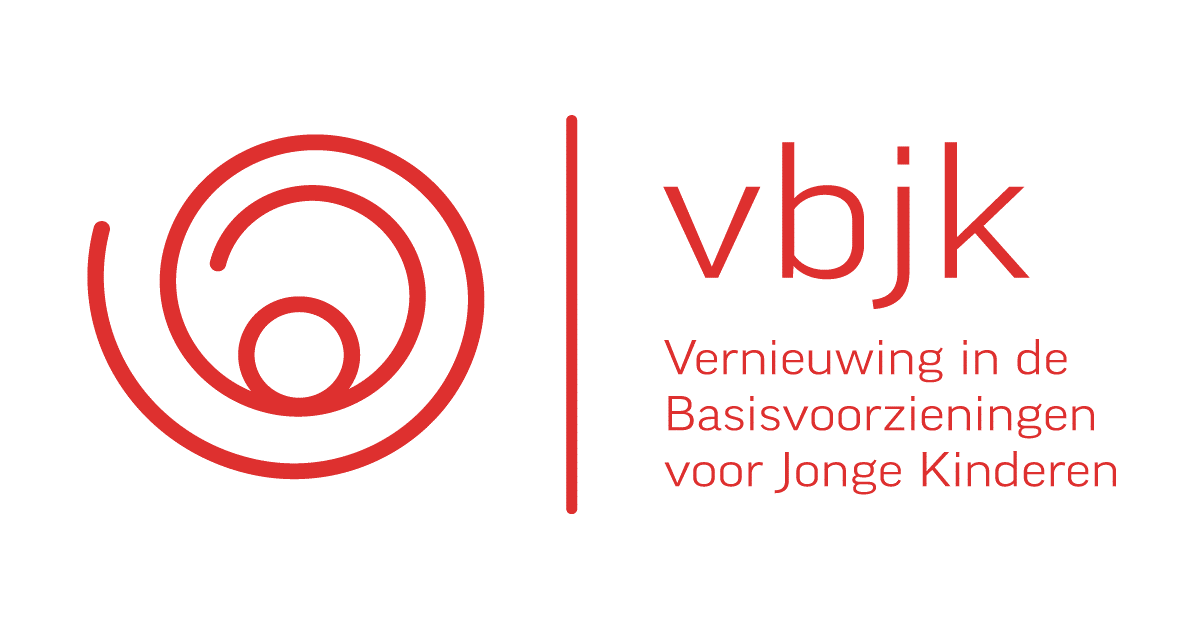ErasmusPlus 2016-1-NL01-KA201-023024
2016-2019, €165,197
The MyREF project aims to enhance the quality of provision for preschool refugee children so as to ensure that they have better access to inclusive education and care, thus improving their integration, educational attainment, and future success.
Many children in Europe grow up with a home language other than the official or majority language of the country they live in. Especially now that in the past few months a lot of refugee families have come to Europe, there is an urgent need to provide a first shelter to these families, not only in terms of housing and food, but also in terms of safety, care and education. There is a strong need for a humanitarian and sustainable approach of the refugee issue, not only because of the high numbers of refigees, but also because we know this will not be a temporary challenge. Refugee children between 0 and 5 are particularly vulnerable, and high quality ECEC is essential to alleviate childhood trauma and levels of toxic stress.
We believe in the power of language and communication: respect for and attention to the first language of young children is key to emotional safety, while the second language provides opportunities for an optimal development in the receiving country. Therefore, the use of multiple languages, hence multilingualism, plays a central role in the first reception of young refugee children.
We also believe in the added value of high quality ECEC with respect to processing traumatic experiences, because it provides children with a safe, relaxing, playful, pedagogically sound environment where they can meet and play with peers.
The overall objective of the project is to enhance the quality of Early Childhood Education and Care for young refugee children (age 0-4) by providing tools to educators, child care professionals and policy makers. Ultimately, not only the participating countries, but other countries as well, benefit from a well organised system of ECEC and language learning, since that will ensure refugee children to be better prepared for their future in the receiving country.
The project purpose is:
• to collect examples from four different countries of how Early Childhood Education and Care for young refugee children is organised, both with respect to the legislation as well as to the practices (conditions, involvement of the children, perceived effectiveness)
• to analyse and categorize these examples
• to implement the activities in different settings
• to evaluate these activities
• to develop a toolbox for ECEC professionals working specifically with young refugee children
There is a need in many European countries for both legislation as well as concrete implementation tools for ECEC practices (conditions, involvement of the children, perceived effectiveness) directed towards young refugee children.
| Belgium (VBJK): | Ankie Vandekerckhove |
| Netherlands (NGO Sardes BV): | Jeroen Aarssen (PI), Lilian van der Bolt, Paulien Muller |
| Norway (OsloMet): | Margareth Sandvik, Ferruh Özalp |
| UK (The University of Cambridge): | Ianthi Tsimpli, Brechtje Post |
MyRef yielded:
1. A review of provision for young refugee children in the project’s participating countries; see https://bit.ly/2T5sgRb for the UK report
2. A framework of quality indicators for Early Childhood Education and Care (ECEC) for refugee children based on best practice, published at https://sardes.nl/myref
3. A Toolbox for educators, childcare professionals, volunteers, and policy makers containing the above with training material and recommendations for policy, published at https://sardes.nl/myref
4. A closing conference [https://conference.issa.nl/node/162] with project stakeholders from the public and private sector - volunteers and practitioners, policy makers and researchers - from across the globe to discuss ECEC provision for refugee children.
- MyREF: Multilingual Early Childhood Education and Care for Young Refugee Children - quality indicators for working with pre-school refugee children published at https://sardes.nl/myref, June 2019.
- MyREF Training packages (online resource for ECEC volunteers and professionals working with pre-school refugee children) published at https://sardes.nl/myref, June 2019.
- M Poulter, IM Tsimpli, B Post. Refugee Access to Early Childhood Education and Care in the UK, published at https://www.languagesciences.cam.ac.uk/policy/refugee-access-to-early-childhood-education-and-care-in-the-uk, 2019.
- MyRef closing conference, https://conference.issa.nl/node/162, June 2019.
- Hiraeth research impact project https://hiraethproject.weebly.com/about.html
- Language Sciences web page https://www.languagesciences.cam.ac.uk/policy/refugee-access-to-early-childhood-education-and-care-in-the-uk.






